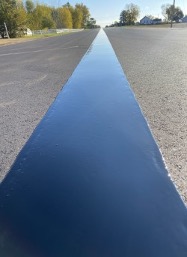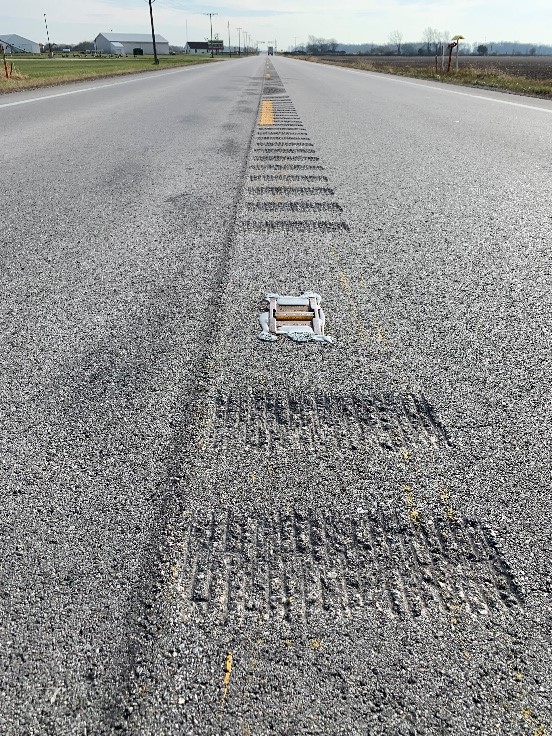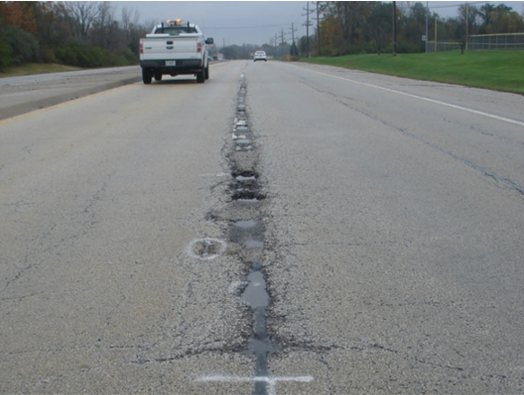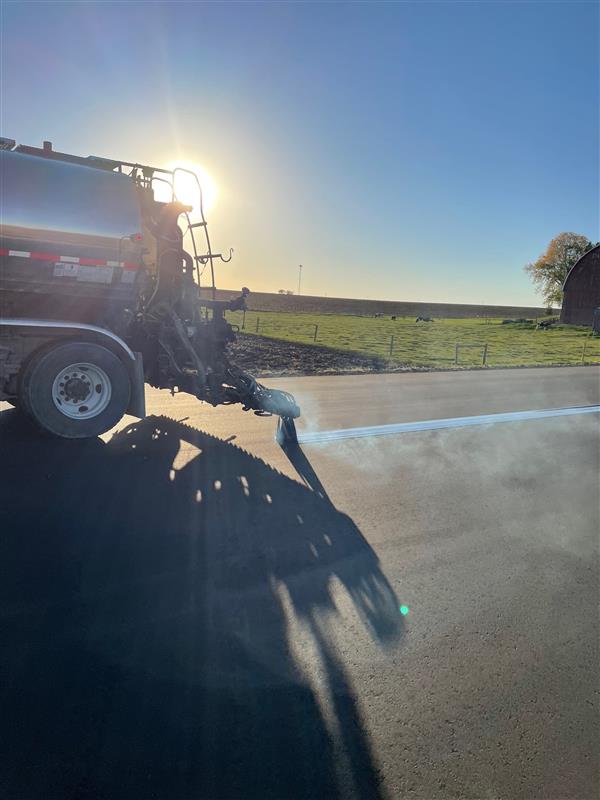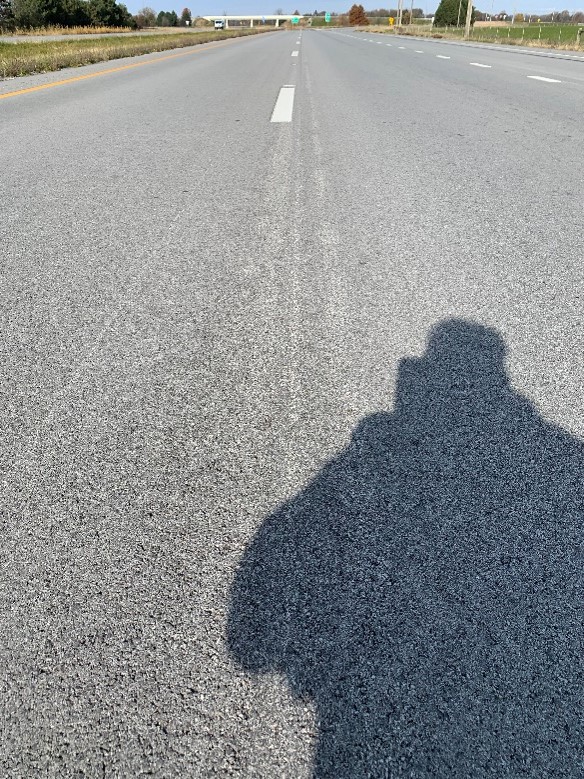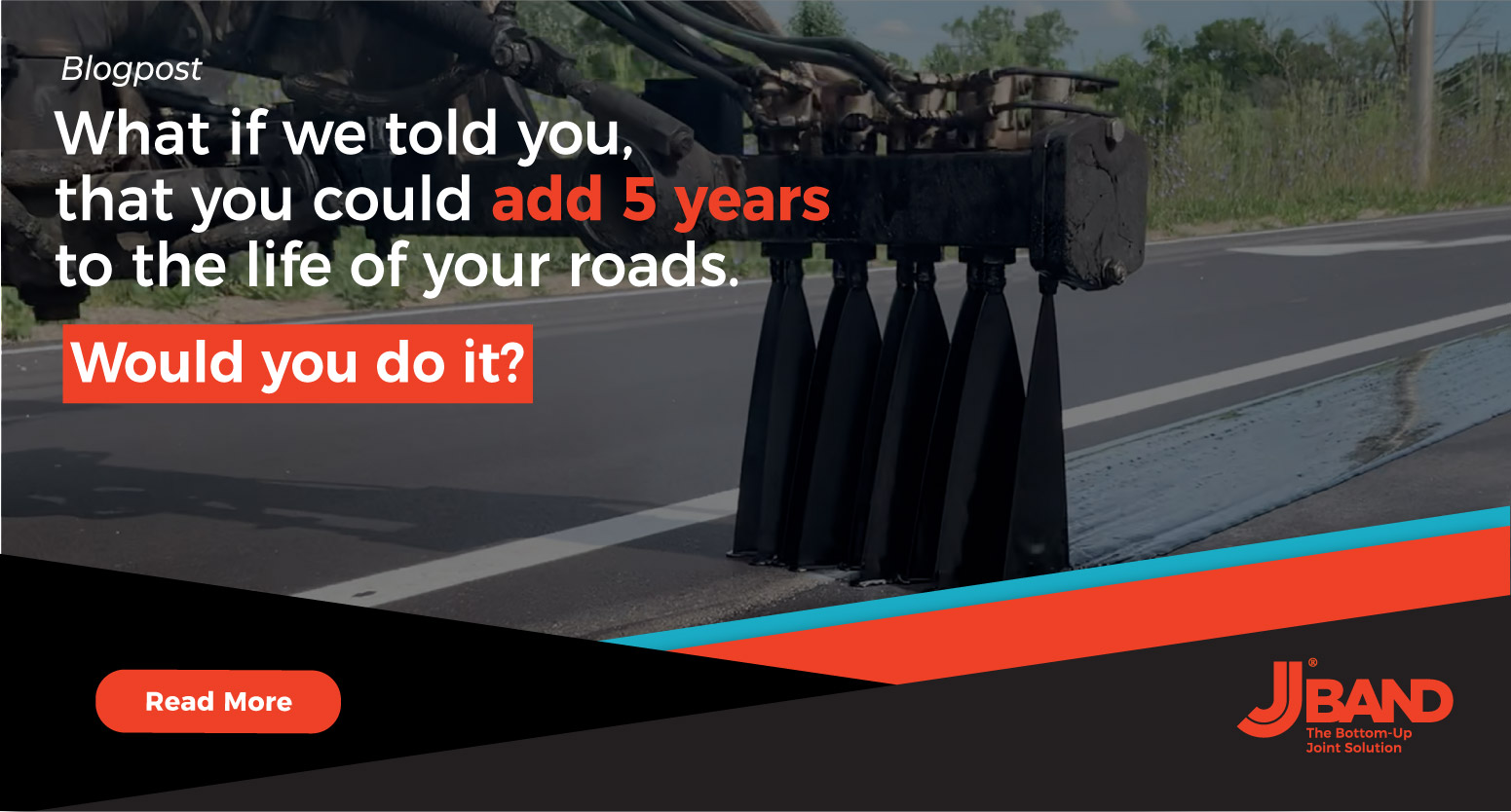Recently, Asphalt Materials, Inc. (AMI) collaborated with ClimeCo to complete an LCA-based sustainability assessment of J-Band®, AMI’s void reducing asphalt membrane product. ClimeCo is a global sustainability company that advances the low-carbon future with market-based solutions. They started with a goal to reduce greenhouse gases (GHG) through scalable abatement...

